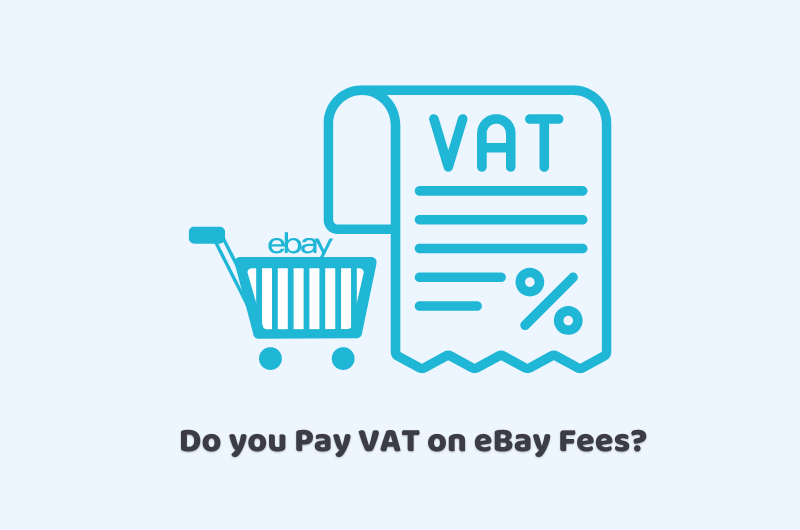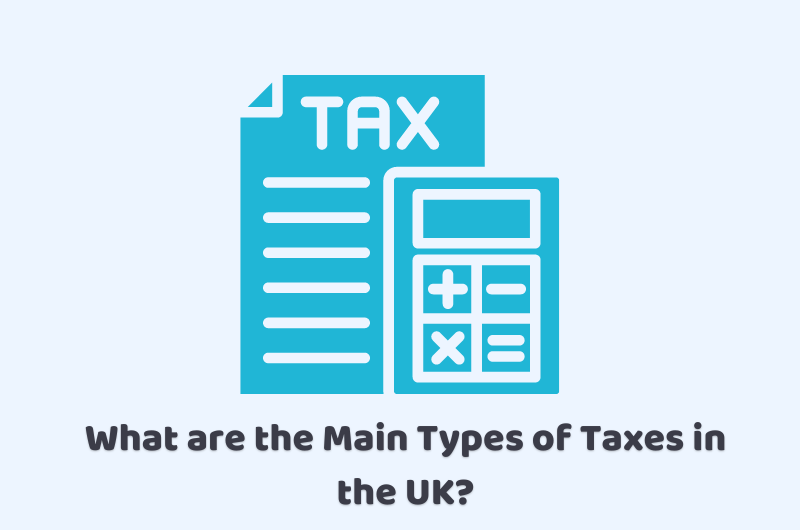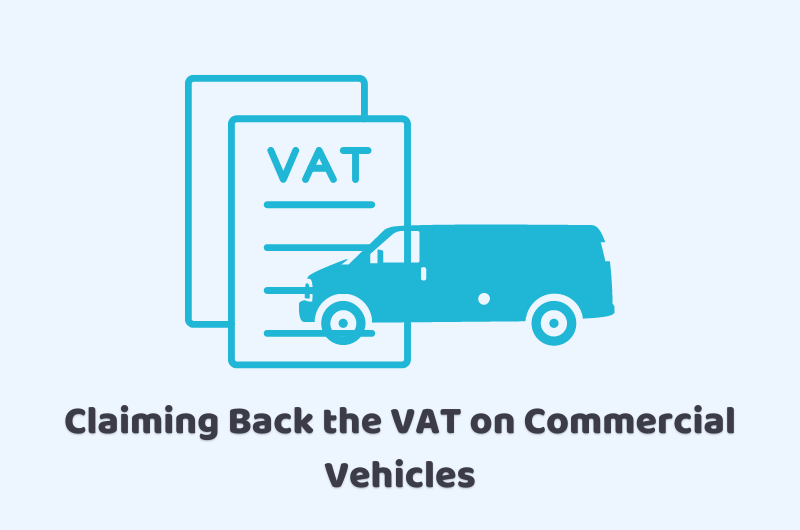
18/08/2022VAT
In the UK, when you sell any product or service, value added tax which is known as VAT is charged in most cases. Market place retailers are clear here that they will have to pay VAT on sellers’ fees. This makes a requirement of charging VAT to the customers on any product purchase. The standard VAT is 20%, however, it is vital to have an understanding of all the VAT obligations as a seller. You should have an understanding of how the eBay fee calculator UK works for you as well.
Before delving further into the discussion, you should be able to know the basic requirements that require your attention if you are a seller on eBay. You must be aware of how to define value added tax, what are VAT charges for the sellers that they are allowed to charge on their product purchases, what is eBay fees calculator in the UK and how it works.
Reach out to one of our professionals to get to know what is the best way to use the eBay fee calculator UK for your business. We will love to offer instant help!
What is VAT?
VAT is the abbreviation of value added tax. The standard VAT is 20% which is charged as a consumption tax on several products and services sold out in the UK. However, there is an exception in this case. VAT is charged at a zero rate of 5% on a few products that are sold out in the UK.
The businesses that expect to exceed a certain limit of turnover within 12 months are bound to get VAT registered and reach out to HMRC for this purpose. In simple words, once you are done with making your business VAT registered, you are now able to charge VAT on all the services and products that you are selling. While you are submitting your quarterly VAT returns, you will have to submit this payment to HMRC as well.
In the case, your business is outside of the UK and you’re sending products to the UK, you will have to register your business for VAT. There is no limit on the registration threshold. The most beneficial point after VAT registration is that you are allowed to reclaim the VAT amount that you have paid for the products and services. Even the VAT you have paid as a seller fee is allowed to be reclaimed.
eBay Sellers and VAT Charges for the Customers
Some people purchase the products and services to resell. You are required to have an eBay business account for this purpose. In the initial stage, it is not required to have charged VAT on the products. Unless your business turnover goes over the figure of £85,000, you can go on carrying out the business activities without charges of VAT.
Once your turnover reaches the required limit, you will have to get registered for VAT and you can then start charging VAT on your products and services to the customers as well. At the time of VAT returns, you will have to pay the amount of VAT to HMRC as well. In the process of charging VAT on the selling point of your services and products, you should ensure prices include the amount of VAT. This is because once the customer has decided to make a purchase, you will not be able to add it then. In the case of international sellers who are using eBay sellers in the UK and sending your products to UK customers, you will have to register your business for VAT. This makes you charge VAT on all the products and services you are offering to your UK customers.
eBay Fee Calculator UK
If you are a seller who is UK based, you are eligible to pay 20% VAT on the eBay seller fee. In the case your business is registered for VAT, you have a piece of good news to reclaim the amount of VAT that you paid with the eBay fees. If you are a European Union seller, you are allowed to apply for the exemption of the seller fee once you are done with the registration process. In case of being unsure whether you should register for VAT or not, get in touch with the relevant professionals to find out the best for your business.
The Bottom Line
Now that you have gathered a fair amount of information about the eBay fee calculator UK, we can bring the discussion towards wrapping up. We can say that being an eBay seller may sound easy, however, it comes with the struggle of certain requirements that are discussed above. We hope these few minutes of reading will help you to know whether or not your business should be VAT registered and how to handle VAT on eBay fees.
Get in touch with our young, clever and tech-driven professionals if you want to choose the best eBay fee calculator UK for your business.
Disclaimer: The information about the eBay fee calculator UK provided in this blog includes text and graphics of general nature. It does not intend to disregard any of the professional advice.



